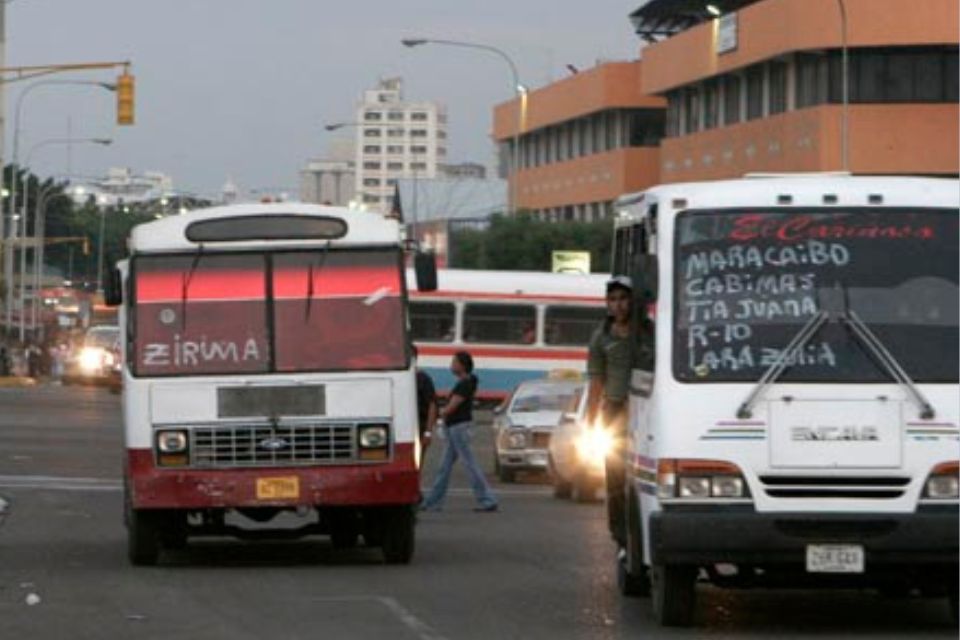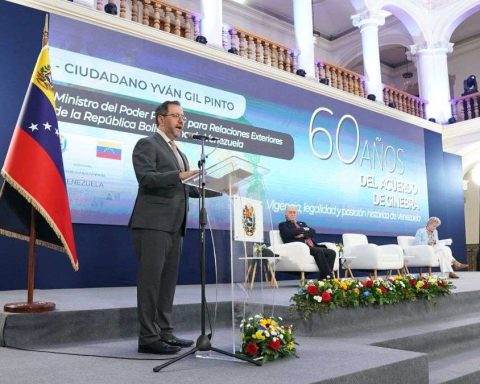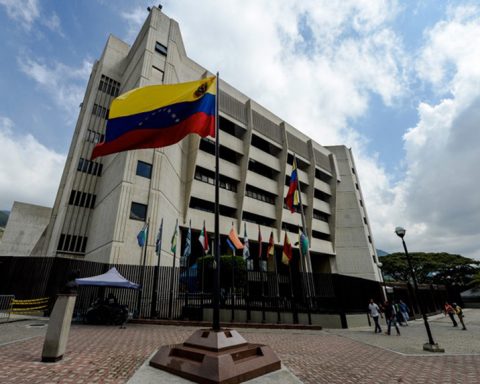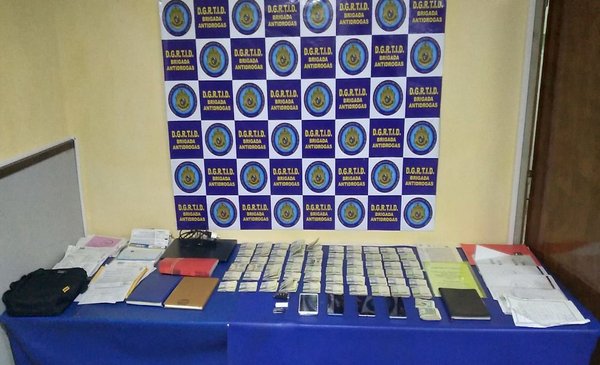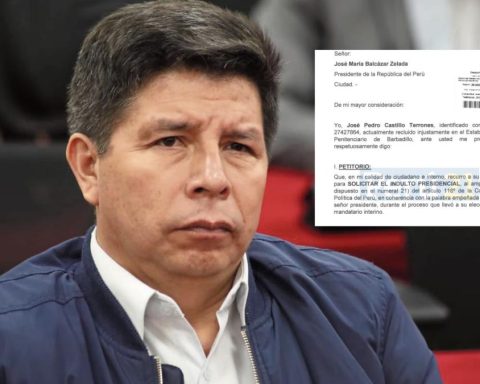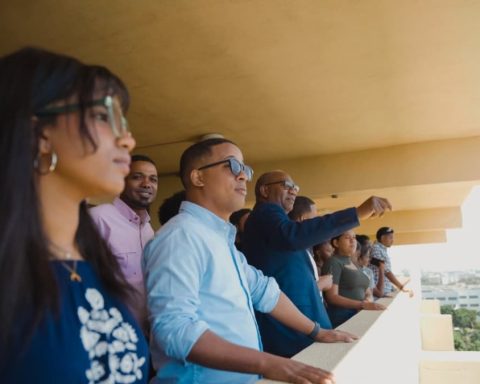According to the municipality of the seven that make up the Eastern Coast of the Lake, the situation worsens for those who must travel daily to the capital of Zulia because the costs and the deficit of units force them to make several stopovers, walk or depend on queues. to save money and not leave a hole in your pocket
The inhabitants of the Eastern Coast of the Lake in Zulia state seek to save money when moving to the city of Maracaibo. Minibuses, cars per position and even boats are some of the means of transportation that residents of various municipalities on the Eastern Coast have to go to San Francisco or Maracaibo, main cities where many live.
The Eastern Coast of the Lake is made up of seven municipalities: Miranda (Los Puertos de Altagracia), Santa Rita (Santa Rita), Cabimas (Cabimas), Simón Bolívar (Tía Juana), Lagunillas (Ciudad Ojeda), Valmore Rodríguez (Bachaquero) and Baralt (Big Mene). The Zulians who live in each of these municipalities then travel to the state capital to work, study and, in many cases, to look for merchandise for their businesses.
Everyone is looking for ways to save on daily commutes. Getting on a bus is much cheaper than traveling in a car per position, since the tickets range between $14, $10, $7, $5 and $3. The prices vary according to the municipality where they are located.
For Eduardo Granadillo, a resident of the Cabimas municipality, traveling to Maracaibo is an odyssey, mainly because he has to walk long distances to catch a bus. “First I have to take a cart from H and Cabillas, then it leaves me at the La Norma stop, and that’s where I wait for the bus that takes me to Maracaibo, specifically the one that leaves me at the Ciudad Chinita shopping center,” he expressed.
The Cabimas-Maracaibo car stop operates at the Cabimas terminal, however, people prefer to travel by bus to save money. «The buses are the cheapest, although they cost $3; but if the person is in a hurry, the ideal are the carts that charge $7. Drivers always give options to cancel, in cash, currency or mobile payment, “says Granadillo.
In the Santa Rita municipality, people have to travel to the head of the Rafael Urdaneta bridge. Santa Ricans take advantage of any bus that goes to Maracaibo or San Francisco. The Santa Rita Route is not in great demand, which is why users who are residents of the municipality prefer to walk to the bridge or the toll booth looking for savings for their pockets.
«In the case of Ciudad Ojeda, there is only one bus to travel to Maracaibo. This bus leaves every day from the Lagunillas terminal at 5:30 in the morning, this transport is the cheapest way to travel to the city, it charges $5. We have this option and also the one for the Ojeda-Maracaibo carts that cost twice as much because they are $10. But it is that not everyone has $10 in their pockets,” said María Auxiliadora Sabril, a resident of the Lagunillas municipality in Ciudad Ojeda.
These buses not only travel through Ciudad Ojeda, they also pass through the municipalities of Cabimas and Simón Bolívar. «There are very few buses. There are more cars than buses to travel to Maracaibo, of course, the cars charge much more expensive, on the other hand, the buses maintain the rate. I have traveled at six in the afternoon and they charge the same. The pirates charge triple, “said María Auxiliadora Sabril.
According to Sabril, the means of transportation in the Lagunillas municipality have improved because before there were only cars, and at least today they have the option of buses. “In the Intercommunal, the buses are also parked to pick up passengers and take them to Maracaibo, that is, if they do not want to go to the terminal they can go there and take advantage of it.”
In Bachaquero, Valmore Rodríguez municipality, the inhabitants have to figure out how to get out of the town to the city of Maracaibo. Users report that transportation in the municipality is in decline.
«To travel to Maracaibo we have to take the «red bus» or the Valera-Maracaibo one that passes through the road of the Lagunillas municipality, these charge $14, insurance carts are much more expensive than the bus. Here in Bachaquero we move everywhere on foot, because this is getting worse every time,” said Francisco Nieves, a resident of Bachaquero.
Dulzel Vásquez also lives in the Valmore Rodríguez municipality. He commented that to travel to Maracaibo he has to make stops. «I always make stops to go to Maracaibo. From my house I go to the La Bomba stop and then go from Bachaquero to Lagunillas, and from Lagunillas to Maracaibo, because at the Bachaquero terminal there are no buses that go through those roads.
In Los Puertos de Altagracia, Miranda municipality, the inhabitants have three means of transportation to travel to the city of Maracaibo. Many Altagracians work and study, others only go to their errands or to buy merchandise for their businesses.
The means available are cars per post, buses and even boats. However, not all of them have enough money to cover the ticket and opt for the “queues” to the toll or to the head of the bridge and from there they look for another queue to Maracaibo. The cars for the Puertos-Maracaibo post charge $3, while the pirate cars are $5. The buses have a fare of 35 bolivars in cash or the equivalent in dollars and the ticket on the boats costs 20 bolivars. The boat for being the cheapest means of transportation is highly demanded, the majority of the population of the municipality chooses it to travel to Maracaibo.
*Read also: Rise in the dollar eats up revenue from carriers: not even maintenance can cover
«Today there are more cars and buses to travel, three years ago this was horrible, at the end of the queues. Today we have more options. I always go by boat, because it is close to home, it is currently undergoing maintenance, which forces me to go by car by post or bus, it all depends. Pirate carts have charged me up to $5 because most take advantage of the situation. On the bus, the ticket costs 35 bolivars in cash, but they don’t accept mobile payment like on the Los Puertos-Maracaibo Line, and here the cash situation is complicated, so I prefer to pay in foreign currency or make a mobile payment. The important thing is to get to Maracaibo because I study and work there,” said Elizabeth Mavares.
In turn, Emiro Rodríguez pointed out that his option will always be the buses. «I always go by bus, firstly because the lake terminal is always saturated and I never get a chance to catch the boat. Second, because with the $3 that the cart charges I go back and forth on the bus. Third, the bus is more accessible and leaves me in the center of Maracaibo. The disadvantage that those of us who go by bus have is an hour lost on the bridge due to revisions, “he explained.
For some Zulians who reside on the Eastern Coast of the Lake, public transport has had a small improvement, but it varies according to the municipality in which the situation has worsened. And although in some municipalities there were not even transport lines that traveled to the capital of the Zulia state, at present several have arisen that have been enabled, despite the constant challenges that are presented by the conditions and the high costs that they require for the transportation maintenance.
Post Views: 120
